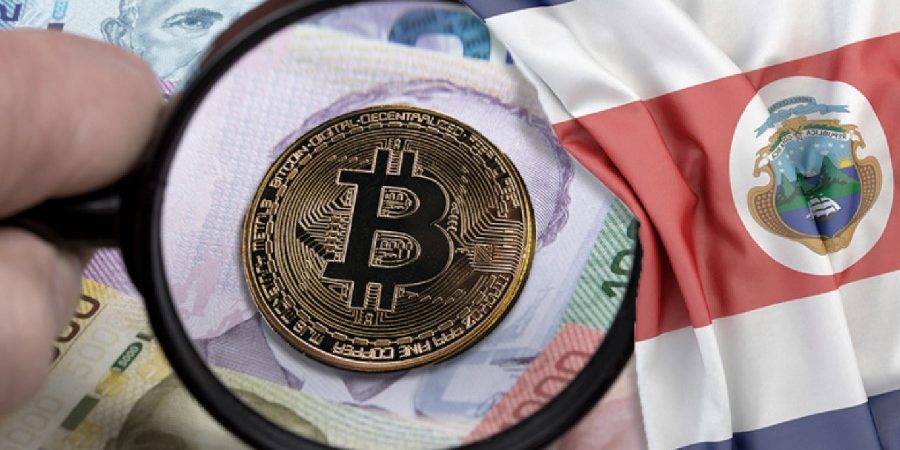Costa Rica lawmakers are working to significantly reduce taxes on digital assets and make the Central American country attractive to crypto investors and Web 3 companies.
This week, Costa Rican congressional deputies Johana Obando, Luis Diego Vargas and Jorge Dengo introduced a bill to regulate the crypto market in the country. The key idea is to enact a law that not only defines the concept of digital assets, but also allows those who want to buy, sell and hold cryptocurrencies to do so without interference from regulators.
In an explanatory note, the congressmen said that, if approved, the Crypto Asset Market Act (MECA) “will provide protection for individual virtual private property, as well as self-custody of crypto assets and decentralization without interference from the Central Bank, but in full harmony with it.”
It is proposed to exclude from the taxable base cryptocurrencies used to purchase goods and services, income from the exchange rate difference of crypto assets and profits of mining companies. The exception will be income tax from trading operations with cryptocurrency. According to the deputies, the consistent implementation of the MECA provisions will eventually attract foreign investors, fintech companies and create jobs for Costa Ricans.
Earlier, the President of El Salvador published an article in which he expressed optimism about the future of his country. Nayib Bukele criticized all those who do not approve of the decision to legalize the first cryptocurrency, saying that the majority are simply afraid of the innovative solutions of El Salvador.







